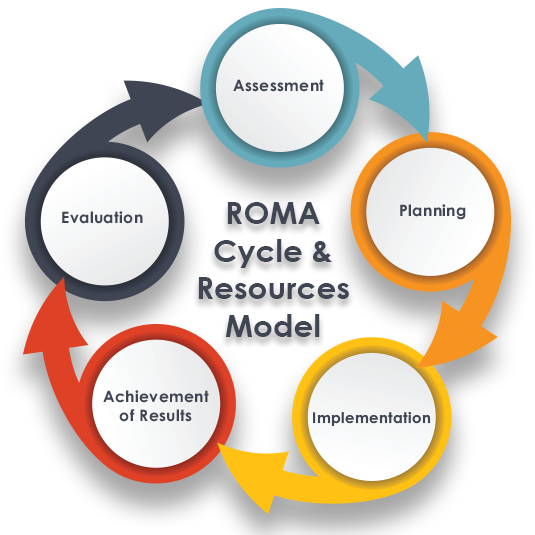Results Oriented
A high performing leader tackles his to-do list with urgency, yet also builds and maintains relationships across the organization that optimize collaboration. Tasks and relationships; for true high performance, you can’t have one without the other. Your role as a leader is to find the perfect balance between the two.
In brief, results-oriented thinking describes when you forgo logic and instead use the individual outcome of an decision to determine whether your thought process was “right” or “wrong.” Winning doesn’t always mean your strategy was right. And losing doesn’t. Results Orientation is knowing and focusing on outstanding results and working hard to achieve them because they are significant. Results Orientation: Exceeds Expectations Phrases Identifies and meets with the appropriate parties in order to develop an understanding of the set goals and desired results. Process-oriented individuals will be more geared towards continuing an activity that they are working on, so as to maintain the smooth flow towards a goal. The result-oriented person will keep the end-result in mind, as they go through the procedure at various speeds. The way you describe result-oriented thinking does add some validity to it. Results-oriented individuals are focused on making things happen. You find them in the middle of successful projects digging up the road blocks and greasing the wheels. As a results-oriented business analyst you figure out how to get the right requirements, no matter the challenges faced, and stay resolutely focused on the core principles of. We need to define the Results first to understand this term. “Results are outcome of consistent efforts in right direction.” People with positive frame of mind and with do or die attitude are most suitable in this definition.
Results Oriented Work Environment
A strong capability in focusing on tasks and results helps you and your team accomplish tactical work such as achieving goals, solving analytical problems, project planning, creating innovations, maintaining productivity, and making fast decisions.

But much of today’s work is not done by individuals and does not happen in silos, so relationship-oriented skills that create a collaborative atmosphere, such as solving interpersonal conflict, keeping team members engaged, fostering teamwork, and maintaining a trustworthy environment are also critical.
We know this intuitively, and studies confirm it:
- Results-oriented leaders are rated as good leaders ~14% of the time
- People-oriented leaders are rated as good leaders ~12% of the time
- Leaders with both strong analytical and social skills are rated as good leaders ~72% of the time

In addition to becoming capable in both skills and finding a good balance between the two, you must also figure out how to not let one get in the way of the other.
Ninety-nine percent of leaders cannot. Less than 1% of leaders are actually rated high on both results focus and social skills.
In a recent HBR blog article that cites the studies where these numbers originate, Should Leaders Focus on Results, or on People?, Matthew Lieberman writes, “our brains have made it difficult to be both socially and analytically focused at the same time.” He explains that there are two separate networks in the brain responsible for each function, and they work like a seesaw. When we are focused on results, we display less caring toward people and interpersonal issues.
Results Oriented Meaning
The 1% that overcome this neurological tendency have figured out a set of tools, started a practice of behaviors, or a created a habitual checklist—in other words, they have acquired the learnable skill of managing themselves.